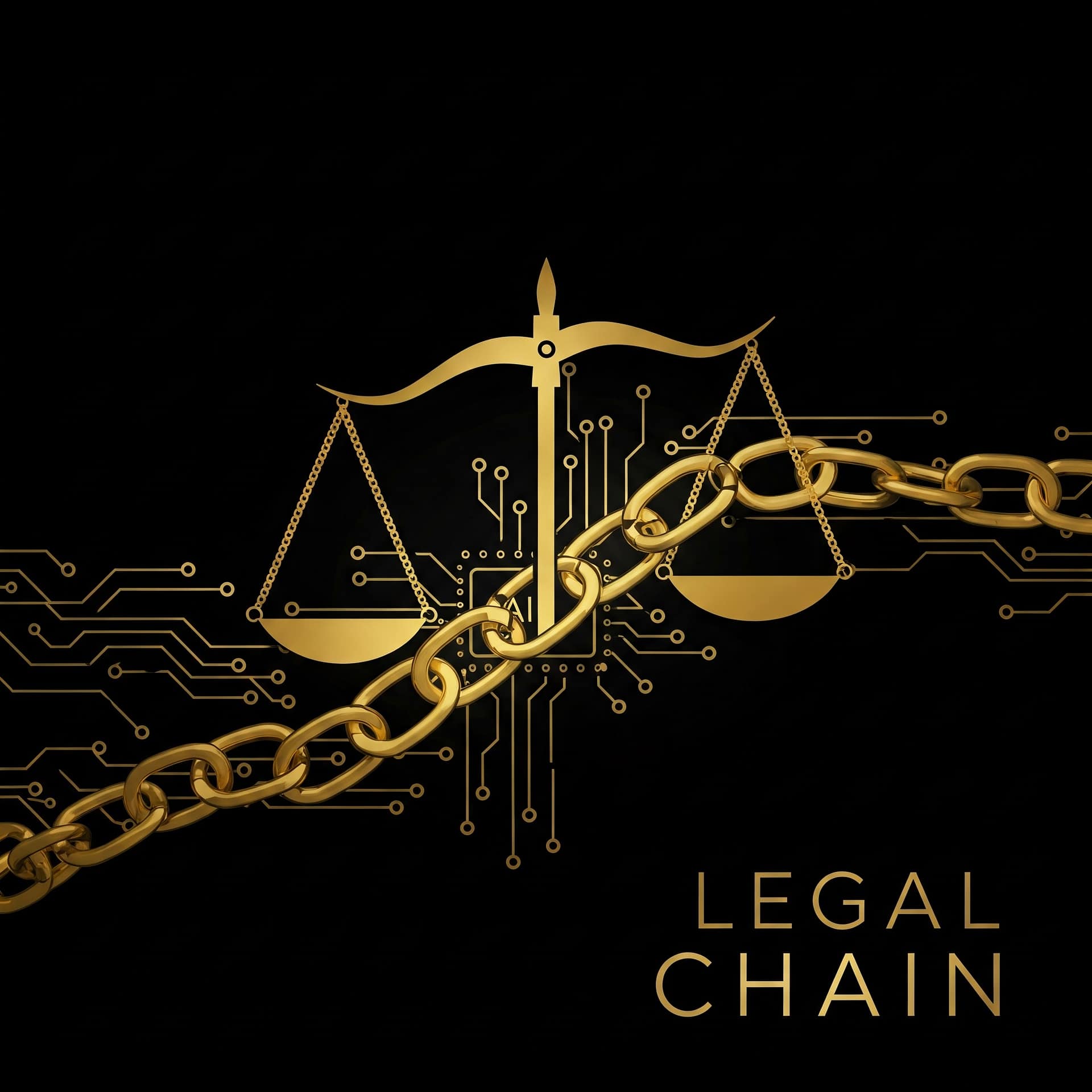Revolutionizing Legal Agreements
In the evolving legal landscape, AI is transforming the creation of Non-Disclosure Agreements (NDAs) and contracts, offering benefits such as time efficiency, risk mitigation, cost savings, and enhanced collaboration. However, ethical and customization challenges must be addressed. AI augments the role of legal professionals, focusing on higher-value tasks and creating a synergy for more effective legal practices.

In the fast-paced world of business, the need for efficient and streamlined processes is paramount. As we embrace the era of artificial intelligence (AI), the legal landscape is undergoing a transformative shift. One of the areas witnessing significant change is the creation of Non-Disclosure Agreements (NDAs) and contracts. In this blog post, we will delve into the promising future of NDA and contract creation through AI, exploring the potential benefits, challenges, and the evolving role of technology in the legal sector.
The Rise of AI in Legal Processes:
Artificial intelligence has already demonstrated its prowess in various industries, from healthcare to finance. In the legal realm, AI is making substantial strides by automating repetitive tasks, enhancing accuracy, and accelerating the pace at which legal documents are generated. NDA and contract creation, traditionally time-consuming and meticulous, are now being revolutionized through the implementation of AI technologies.
Benefits of AI-Powered NDA and Contract Creation:
- Time Efficiency:
AI streamlines the process of drafting NDAs and contracts by automating routine tasks. It can analyze large volumes of data, extract relevant information, and generate comprehensive legal documents in a fraction of the time it would take a human. - Risk Mitigation:
AI algorithms are designed to identify potential legal issues and discrepancies within documents. By leveraging natural language processing (NLP) and machine learning, AI can ensure that agreements are comprehensive, legally sound, and aligned with current regulations, thereby reducing the risk of disputes and litigation. - Consistency and Standardization:
AI ensures consistency in the language and formatting of legal documents. This standardization minimizes the chances of errors and ensures that all agreements comply with the organization\’s legal standards. - Cost Savings:
Automating the creation of NDAs and contracts can lead to significant cost savings for businesses. The reduction in the time required for manual drafting and the minimization of legal risks contribute to overall cost-effectiveness. - Enhanced Collaboration:
AI-powered platforms facilitate seamless collaboration between legal professionals and other stakeholders. By providing a centralized and accessible platform for document creation and review, AI enhances communication and coordination within legal teams.
Challenges and Considerations:
- Ethical Concerns:
As AI takes on a more significant role in legal processes, ethical considerations arise. Ensuring transparency, accountability, and fairness in AI-driven legal systems is crucial to maintaining public trust. - Data Security:
The handling of sensitive legal information raises concerns about data security. Robust measures must be in place to protect confidential data and ensure compliance with data protection regulations. - Customization Challenges:
While AI excels at generating standard legal documents, the challenge lies in creating highly customized agreements that cater to unique circumstances. Striking the right balance between automation and personalization remains a key consideration.
The Evolving Role of Legal Professionals:
The integration of AI in NDA and contract creation does not replace legal professionals but augments their capabilities. Lawyers can leverage AI tools to focus on higher-value tasks such as legal strategy, negotiation, and client interaction. The collaboration between human expertise and AI efficiency creates a synergy that enhances the overall effectiveness of legal practices.
The future of NDA and contract creation through AI is a promising one, marked by increased efficiency, reduced risks, and enhanced collaboration. As technology continues to advance, legal professionals and organizations must adapt to these changes to stay competitive in a rapidly evolving business environment. While challenges exist, the benefits of incorporating AI in legal processes are substantial, paving the way for a more agile and responsive legal industry.
